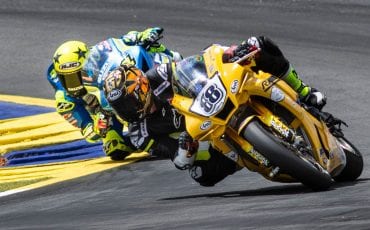Three Things that Help My Neurodiverse Family Run Smoothly
 I am autistic. I am also the mother of an autistic child, and the wife of a neurotypical (nonautistic) partner. We are a neurodiverse family.
I am autistic. I am also the mother of an autistic child, and the wife of a neurotypical (nonautistic) partner. We are a neurodiverse family.
Any family, really, is neurodiverse, as every person thinks and acts a little differently than every other person. No two people will have identical brains. With at least half of our family on the autism spectrum, however, we just take those differences to another degree!
When it comes to navigating through our communication differences, a few things have risen to the top of our neurodiverse family toolkit:
Valuing Intentions
We understand that our brains work differently, and that this will cause miscommunications to occur. Yet, rarely is there malintent behind any of what we say or do. So we make a commitment to each other to always look deeper – dig down past the initial miscommunication and consider the other person’s intentions. Good intent does not erase adverse outcomes, but it does soften what otherwise could be a sharp or painful interaction for all involved.
Direct Teaching and Learning
A lot of autistic kids – and adults! – learn very differently than most people. I don’t just pick things up as I go along, like cooking or how to shop or what to say to my neighbor when we meet unexpectedly. These are things I need to be explicitly taught how to do. Because I didn’t learn a lot of this growing up like others might have, my husband sometimes ends up in the role of “teacher,” which for us, works just fine. I teach him all kinds of things in return, even if I don’t always know it!
Caring for Our Senses
Many autistic people experience either a very muted or very heightened sense of the world. For those of us with the latter experience, everything is louder, brighter and more intense than it is for most people, which can make getting through any given activity very challenging. Knowing this about ourselves, my son and I take precautions, and trust our neurotypical family members to have our sensory needs in mind when possible.

Sarah Nannery
Sarah Nannery, the Director of Development for Autism Programming at Drexel University, was recently diagnosed with autism. She is also the parent of a child with autism, allowing her to have an insider’s perspective on what it’s like to have a brain that works differently. With her neurotypical husband, she has written What to Say Next: Successful Communication in Work, Life, and Love – with Autism Spectrum Disorder. This book offers advice, empathy and strategies from their own family’s toolkit. Find the book on simonandschuster.com.
-Sarah Nannery







